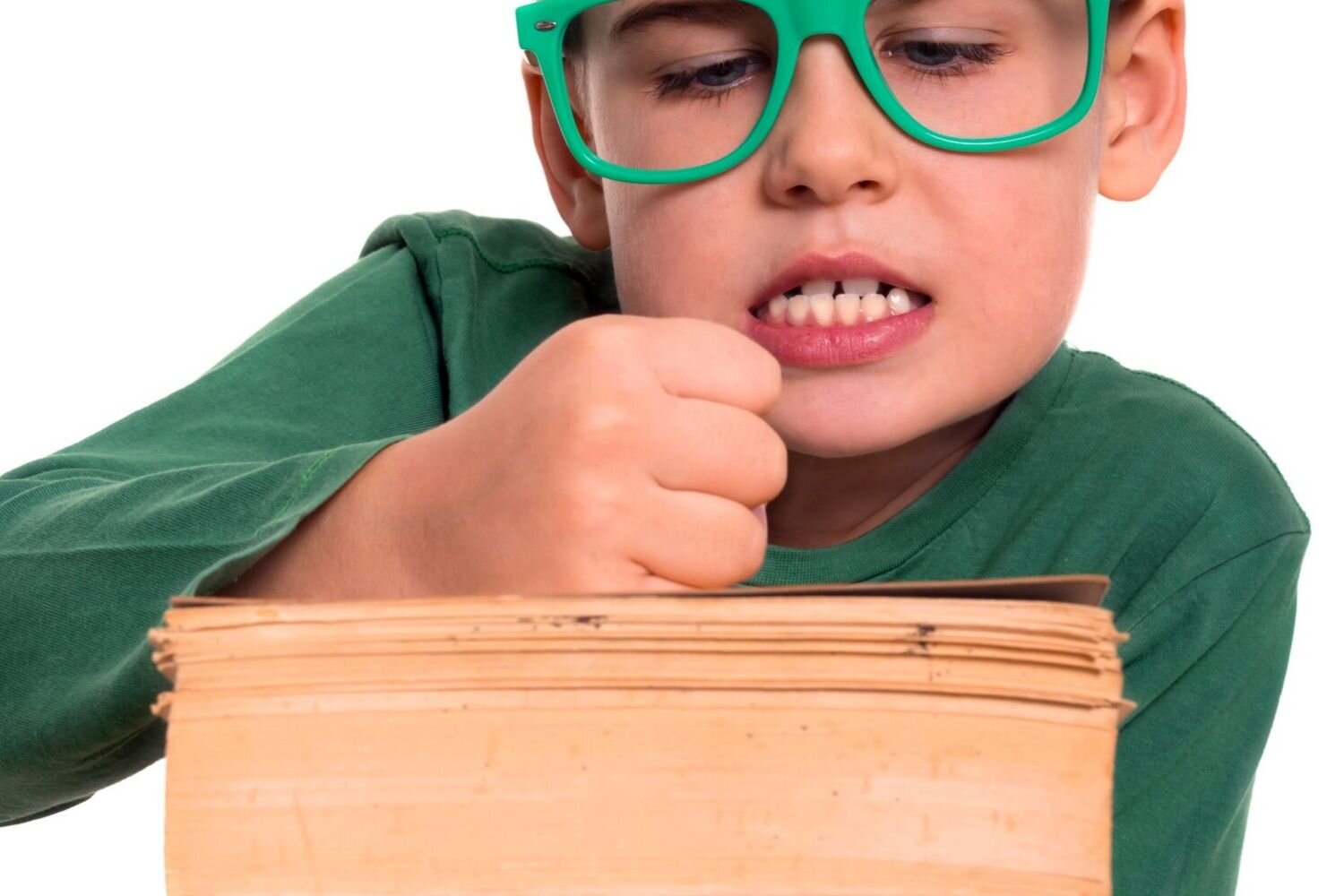5 Tips to Help You Find Enjoyment in Homeschooling
/Have you had homeschooling thrust on you, and you're now monitoring a child who's learning online?
While it may seem overwhelming to you now, you can arrange things in a way that makes the process enjoyable and rewarding.
Let me share some facts with you that will put things into perspective and make homeschooling an easier task.
Tip #1: One-on-One Learning Is More Efficient
Children will learn so fast when taught one-on-one that you will have to make an effort to get them behind if you want them to go slower than the pace of public school.
For the twelve years we are bound to the public school system as students, we graduate with very little intellectual knowledge.
If you took a homeschooled child and taught him solidly for eight hours a day, you would be on your way to having an intellectual genius on your hands.
We do not homeschool for eight hours a day, though, at least not the academic subjects. Our children study anywhere from one to four hours a day of strictly academic material. Maybe more as they get older, but in the elementary years, it isn't necessary because their skills are few.
Compare this to the pinnacle of our literacy rates back in the 19th century when a child's priority was to help on the farm out of a survival need, so he wasn't in school nine months out of the year. Sometimes he would only be in school for a few months per year.
And still, our literacy rates were higher than they are today. It’s the same with homeschooling.
If you are overwhelmed and frightened that you can't do it all, then don't try to do it all. Your children will be fine. Shut down the computer, give your child some good books to read, and take a break.
He'll learn more with a few good books to read in the afternoon than he will be sitting in front of the computer all day.
The online learning programs in and of themselves are dismal failures. There are plenty of studies on this. The tech industry has a huge lobby behind them, and the industry is fabulously wealthy, so they continue to sell us on their alleged success despite not having any.
That's what marketing is all about, isn't it? They made a science out of selling us things that we don't need.
Tip #2: You Cannot Do It All
Do you have multiple children at home?
Families spend so much time apart now that they don't know how to spend time together day after day after day. You may be experiencing this now.
What's happening with the lockdown in place is that we are facing this tragic fact. Instead of accepting it as a norm, we should realize that it isn't a norm at all. It is anything but normal for families not to know how to live in close quarters together. Families should work together, enjoy time together, and help each other out.
But siblings are separated at an early age and put into school programs, and they don't have the time to develop close relationships with one another. Both parents are working full-time. Few of us have extended family close by. Such are the stresses on modern families today.
Here's one thing you can do now that you are all at home together. If you have older children, teach them to care for your younger children. Getting your older children to help will be the best thing for them.
The one thing that guarantees you raise a decent human being is service. Teach your children to serve others, so they think less of themselves and more about the needs of others.
The more they learn to care for other people, whether older or younger, the more giving they will become as adults. Generosity and kindness are virtues to be admired. Selfishness is not.
Don't feel guilty that you can't do it all. Get your older children to help you; you are doing them and the rest of the world a huge favor when you do.
Tip #3: You Can Say No to Online Learning
Get your children offline. I'm sorry to be blunt about it, but it is about the worst thing you can do. I understand it's the only option you've been given, and I don't blame you at all for taking it. What else were you supposed to do?
But it's clear to all of us that this situation is not going away anytime soon. My daughter is a student at UC Berkeley, and they are now talking about extending the quarantine through the fall. Some colleges have already done this.
With this plan in motion, they expect you to buy into this substandard virtual schooling for your children: don't do it.
The people behind these virtual schools don't understand education let alone homeschooling, and they never will. These are businessmen, not educators. They know how to make money, and they are raking in millions if not billions. (I think it is actually billions collectively.)
You can pull your child out of public school any time you want. You are not obligated to put your child into public school, and you are certainly not being forced to plop your child in front of a computer all day.
You have to follow specific protocols when you take your child out of school, but that's no big deal. Legally you are within your rights to homeschool in all 50 states. If you need more help, pop me an email.
Most of you have no choice but to homeschool through what may become a recurring lockdown, so you may as well enjoy it. That's the way I look at it. You should find a way to enjoy it, and you should find a way to teach your children things that are worth learning.
Real books would be the perfect place to start. Read real books to your child written by authors who knew how to write.
Tip #4: You Have to Make a Daily Schedule
Set a schedule up for when you will homeschool, when you do chores and other domestic duties. The more you plan ahead and learn to maximize your time, the more you will get done.
Tip #5 It Does Matter What Your Children Read
Get your children reading books throughout the day that have not been dumbed-down for an illiterate society. I hear parents say things like, “Well, yes, he’s reading comic books, but at least he’s reading.”
Comic books are fine now and then, but they will not help your chid develop the skill of reading well.
Resist the intellectual malaise we find ourselves in today. If you want your children to become good readers, you need to provide them with quality books to read.
Feel free to grab a copy of the Smart Homeschooler book list of over 80 intelligent books to expand your child's mind with.
If you get your children off of the computer and put a book in their hand, I promise you that everyone will have a much better time, and your stress levels will plummet.
Throw in a grammar lesson and some math, and you'll become a better homeschooler than any online school could ever hope to be.
I’m placing my bet on you.
I've seen it done many times before. I've done it myself. You can too.
Embrace homeschooling, embrace your family, and find the enjoyment in learning and being together. The enjoyment is there but the onus is on us to discover it. These four rules should serve as a good place to start.
Homeschool the smart way by joining the Smart Homeschooler Academy to learn how to give your child the best of an elite education at home.
How to Raise a More Intelligent Child and an Excellent Reader—a free guide and book list with over 80+ carefully chosen titles.
Elizabeth Y. Hanson is an educator, veteran homeschooler and a Love and Leadership certified parenting coach with 17 years experience working in children’s education.
Using her unusual skill set, she has developed a comprehensive and unique understanding of how to raise and educate a child, and she devotes her time towards helping parents get it right.







































